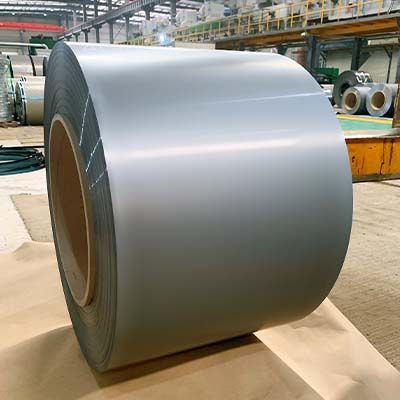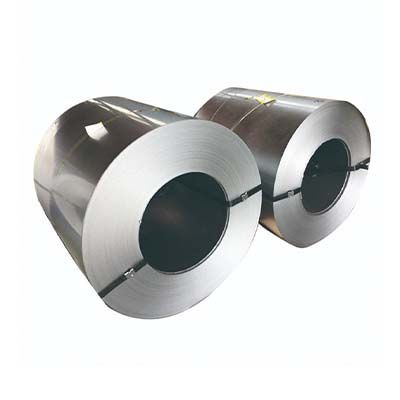Silicon steel, also known as electrical steel or transformer steel, is a specialized alloy used in the production of electrical equipment. One of the key properties of silicon steel that affects its performance is density. In this article, we will take a deeper look at silicon steel density and explore its significance in the realm of electrical engineering. Join us as we unravel the mysteries behind this vital characteristic and understand its implications for various applications.
What is The Silicon Steel Density?
Silicon steel density refers to the mass per unit volume of silicon steel. It is a crucial parameter that impacts the material's magnetic and electrical properties. Density is measured in kilograms per cubic meter (kg/m³) or grams per cubic centimeter (g/cm³). The density of silicon steel generally ranges from 6.8 to 7.8 g/cm³, depending on its composition and manufacturing process.
Factors Influencing Silicon Steel Density
1. Silicon Content
The silicon content in silicon steel plays a significant role in determining its density. Silicon steel typically contains silicon in the range of 1% to 4.5% by weight. As the silicon content increases, the density of the material tends to decrease. This is because silicon has a lower density compared to iron, the primary component of silicon steel.
2. Alloying Elements
The presence of other alloying elements, such as carbon, manganese, and aluminum, can also impact the density of silicon steel. These elements are often added to enhance specific properties of the material, such as magnetic permeability or resistivity. However, their inclusion may slightly alter the density of silicon steel.
3. Manufacturing Process
The manufacturing process employed to produce silicon steel can affect its density. Different manufacturing techniques, such as hot rolling or cold rolling, can lead to variations in the density of the final product. Additionally, the annealing process, which involves heating and cooling the steel, can further influence its density.
4. Grain Orientation
The orientation of grains within silicon steel also affects its density. Grain-oriented electrical steel (GOES) exhibits a specific grain orientation, resulting in improved magnetic properties. However, this orientation may slightly alter the material's density compared to non-oriented electrical steel (NOES).
Oriented Silicon Steel For Sale
Importance of Silicon Steel Density
Silicon steel density plays a crucial role in determining the performance of electrical equipment and devices. Here are some key aspects where density becomes significant:
1. Magnetic Properties
Silicon steel is highly valued for its magnetic properties, including low hysteresis loss and high magnetic permeability. The density of the material influences its magnetic behavior. A lower density allows for reduced eddy current losses, leading to more efficient magnetic cores in transformers and motors.
2. Core Losses
Core losses, also known as iron losses, occur in electrical equipment due to the energy dissipated in the magnetic core. The density of silicon steel affects these losses, with lower-density materials exhibiting reduced core losses. This is advantageous in terms of energy efficiency, especially in applications where power consumption is a critical concern.
3. Electromagnetic Induction
Silicon steel is widely used in the construction of transformers, where it facilitates efficient electromagnetic induction. Density affects the permeability of the material, which determines the amount of magnetic flux it can carry. By optimizing the density, manufacturers can enhance the performance and efficiency of transformers, resulting in reduced energy wastage.
4. Thermal Conductivity
The density of silicon steel also influences its thermal conductivity. Higher-density materials generally exhibit better thermal conductivity, allowing for efficient dissipation of heat generated during electrical operations. This characteristic is particularly crucial in power transmission systems and high-power electrical equipment, where heat management is vital.
Conclusion
All in all, silicon steel density is a critical characteristic that significantly influences the performance of electrical equipment. Whether it's optimizing energy efficiency in transformers or enhancing power transmission systems, silicon steel density plays a vital role in the realm of electrical engineering.






